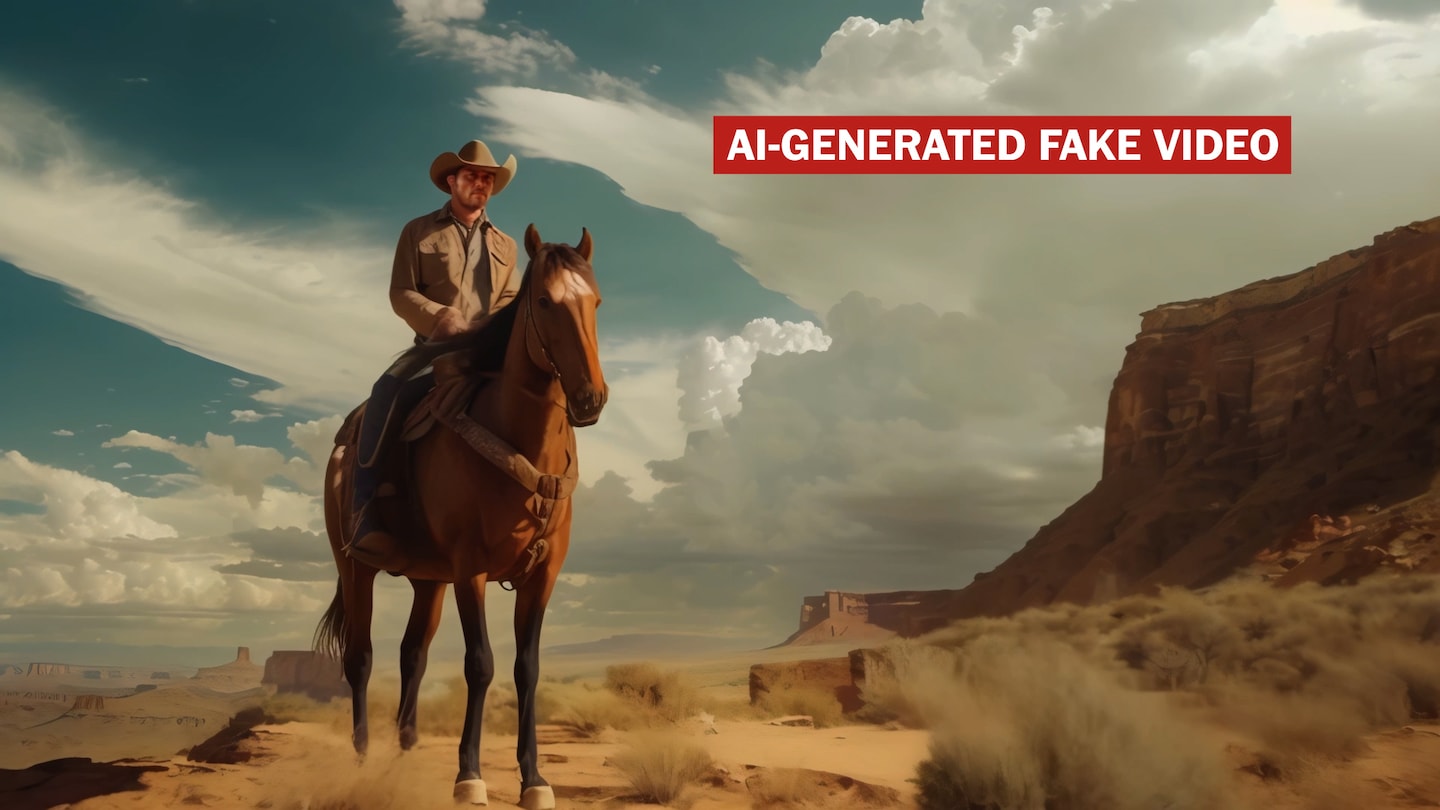After an explosion of interest in text and image generators, AI-based video generation is seen as the next frontier, with startups and big tech companies alike investing in the field. With video tools from OpenAI and Google yet to go public, startups like Pika are looking to scale quickly before the big players roll out their own commercial and consumer tools. But creating videos with AI is much more technically challenging than creating still images, and requires vast amounts of computer processing power, making it a costly and time-consuming process.
Pika’s new funding round includes investments from Spark Capital, Lightspeed Venture Partners and Greycroft, valuing the company at $470 million. Pika is building its own “underpinning model” and isn’t relying on other AI companies’ technology. But that’s expensive, and the company needs capital to continue training its AI as well as improve the capabilities of its video editing tools.
Pika’s tool works by allowing it to generate short videos based on text prompts, and users can change the aspect ratio, lengthen the video, crop certain sections, and alter certain elements of the video, such as the type of clothing the characters are wearing.
Pika’s 13-person team includes former Google, Meta and Uber AI researchers. Founders Demi Guo and Chenlin Meng are former Stanford AI PhD students who dropped out to start the company. In an interview, Guo said he believes the company has the AI expertise to compete with better-funded organizations.
Get caught up in
Summarised stories to keep you up to date
“Our technical team is made up of some of the best minds in the AI field,” said Guo, who is also CEO of Pika. “We’re confident that we can build the best video infrastructure model.”
While AI video tools are still relatively rudimentary, static AI images are already common on social media platforms. Last week, an AI-generated image of a refugee camp and the words “Focus on Rafah” went viral around the world, as social media users expressed support for the Palestinians.
But the most popular and profitable social media platforms in recent years have been video-based: there are dozens of apps to help ordinary people edit the videos they post to Instagram and TikTok, and major social media platforms have begun experimenting with building AI capabilities into their apps to let users create their own images.
The proliferation of AI image generators has already created tools that can be used for propaganda purposes: in India, a number of candidates in the country’s elections used deepfake images and audio, and while deepfake detection tools have been developed, AI image and audio clips are often difficult to properly identify.
This funding round brings Pika’s total funding to $135 million. Large AI companies like OpenAI have billions of dollars in funding and hundreds of staff members. OpenAI is starting to build a consumer business, which could include video editing tools, making it a big competitor to smaller companies like Pika.
Guo compared his company to other AI startups such as France’s Mistral AI, which are less funded but are developing important, highly sought-after technologies. He said Pika’s approach to designing AI means it doesn’t need the huge budgets of larger companies.
